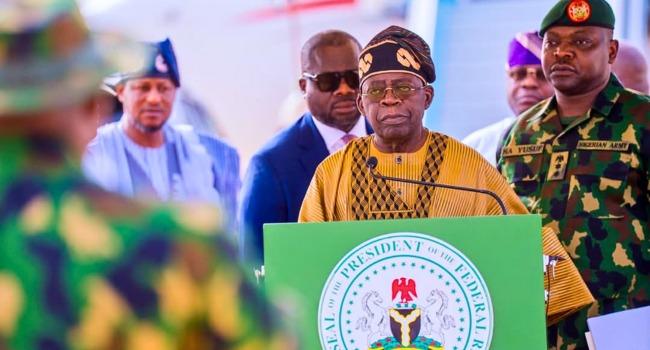Chief Sunday Afolabi: The First Nigerian Government Official Jailed by the EFCC

Chief Sunday Afolabi holds a significant place in Nigeria’s anti-corruption history as one of the first high-ranking government officials to be prosecuted and jailed by the Economic and Financial Crimes Commission (EFCC). His case marked a turning point in Nigeria’s fight against corruption and set a precedent for holding public servants accountable.
Political Career and Rise to Prominence
Afolabi was a seasoned Nigerian politician and served as Minister of Internal Affairs during the late 1990s, a critical period marked by Nigeria’s transition from military rule to democracy. Known as an influential figure within the Yoruba political community, Afolabi wielded considerable power and was a key player in national politics.
Corruption Charges and Investigation
During his tenure as Minister of Internal Affairs, allegations surfaced accusing Afolabi of corrupt practices, including the embezzlement of public funds, bribery, and mismanagement of ministry resources. These accusations drew the attention of Nigeria’s newly established EFCC, which was created to tackle financial crimes and restore integrity to public offices.
EFCC investigations revealed that Afolabi had misappropriated significant sums meant for government projects and accepted illicit payments from contractors and officials. These findings triggered formal charges against him.
Trial and Conviction
In a landmark case that signaled the EFCC’s growing authority, Chief Sunday Afolabi was prosecuted and subsequently convicted for his involvement in financial crimes. He was sentenced to prison, becoming one of the first senior government officials to be jailed under the EFCC’s mandate.
This conviction sent shockwaves through Nigeria’s political establishment and served as a stern warning that corruption would no longer be tolerated.
Legacy and Impact
Chief Sunday Afolabi’s imprisonment represented a milestone in Nigeria’s battle against corruption. His case demonstrated that even powerful political figures could be held accountable, helping to build public trust in anti-corruption institutions.
While Afolabi’s political career was overshadowed by these charges, his prosecution marked the beginning of a more rigorous era of enforcement against corrupt officials.
Conclusion
As one of the earliest Nigerian officials to be jailed by the EFCC, Chief Sunday Afolabi’s story underscores the challenges and complexities of combating corruption in Nigeria. His conviction paved the way for future high-profile prosecutions and remains a landmark moment in the nation’s pursuit of transparency and justice.








